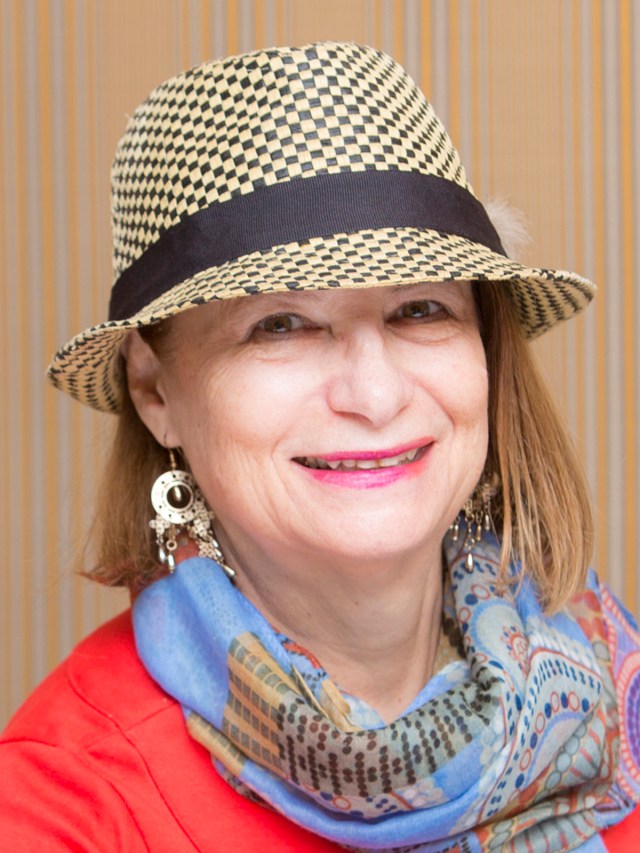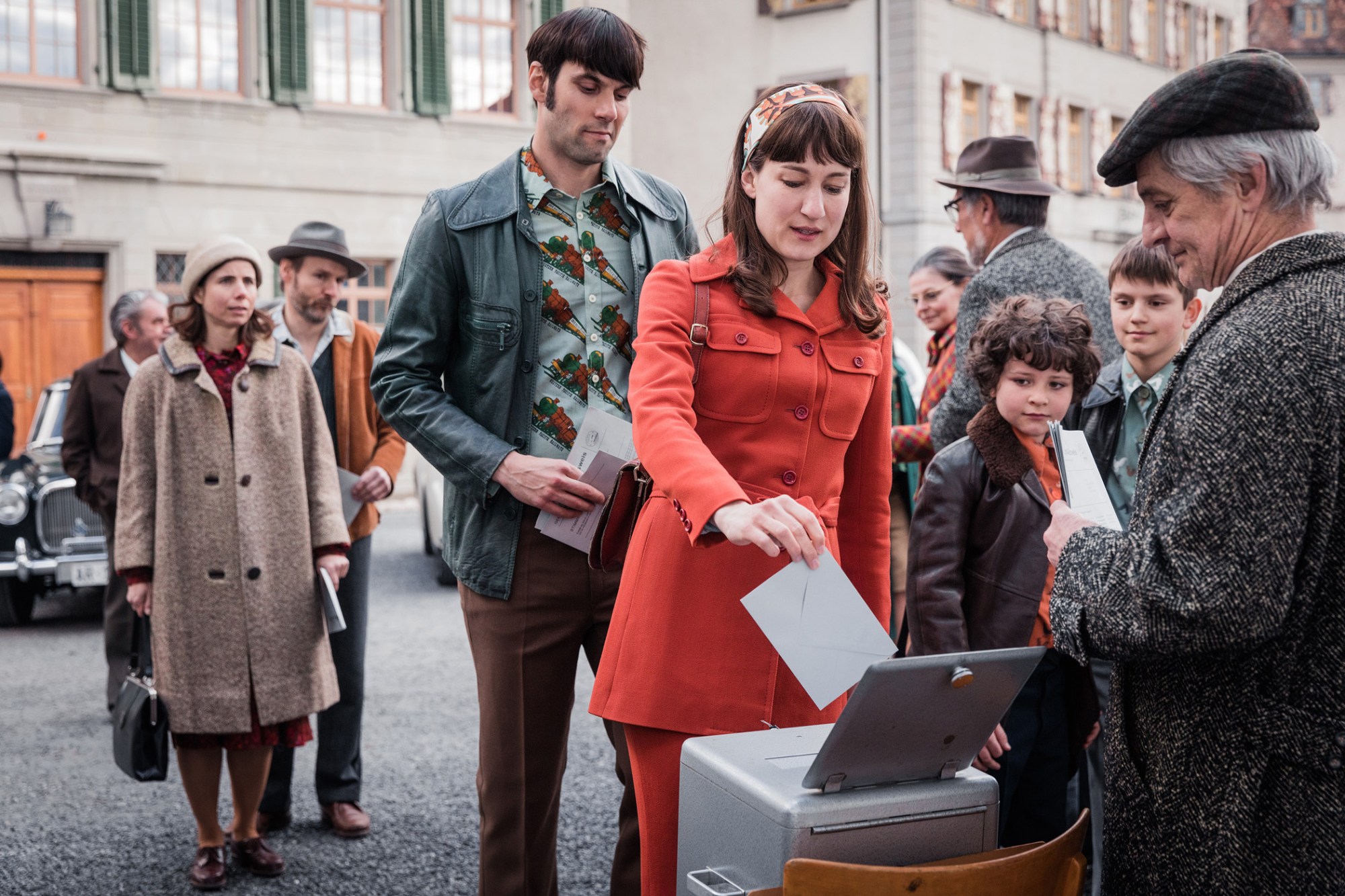Yenny Nun-Katz
Yenny Nun-Katz became a Hollywood-based entertainment reporter in 1976, writing for El Mercurio, La Tercera, Eva, Buenhogar ,Cosas and Vanidades in Chile and Latin America. In 1984, she joined the HFPA. Nun-Katz has interviewed over 600 actors, directors and producers for COSAS Chile, Peru and Ecuador. Recently, she became staff member of Las Ultimas Noticias, Chile’s most popular newspaper. She has done exclusive interviews for TV with Alfred Hitchcock, designer Edith Head, Lorne Greene, Ricardo Montalban, Vicky Carr, Angie Dickinson, Sidney Poitier, Michael Douglas, Jack Lemmon, Anne Bancroft, Karen Black, Roman Polanski and many other Hollywood legends. In 2015, Nun-Katz was chosen as the best Entertainment Reporter of Chile and received the Golden Feather Award from the Chilean Association of Entertainment Journalists. Her company ANDY SA produced the films Changing Gears, Tierra de Sangre, Catalina and the TV show Cut’n Curls. Her formal education includes studies at Dunalstair British School in Santiago, Chile, the University of Chile, the Fletcher School of Law and Diplomacy, and Tufts University in Boston with a focus in Latin American and Middle Eastern Politics.

